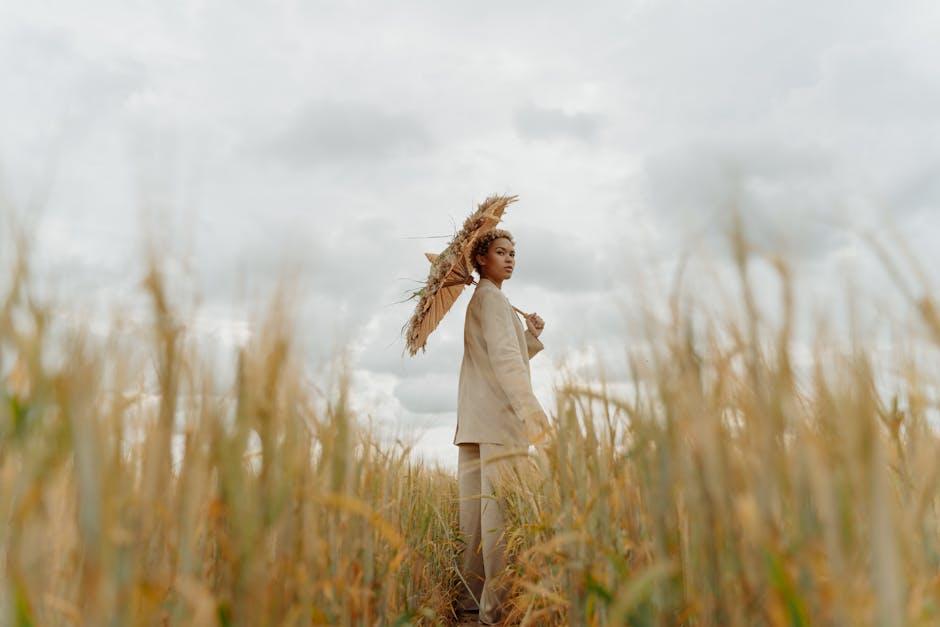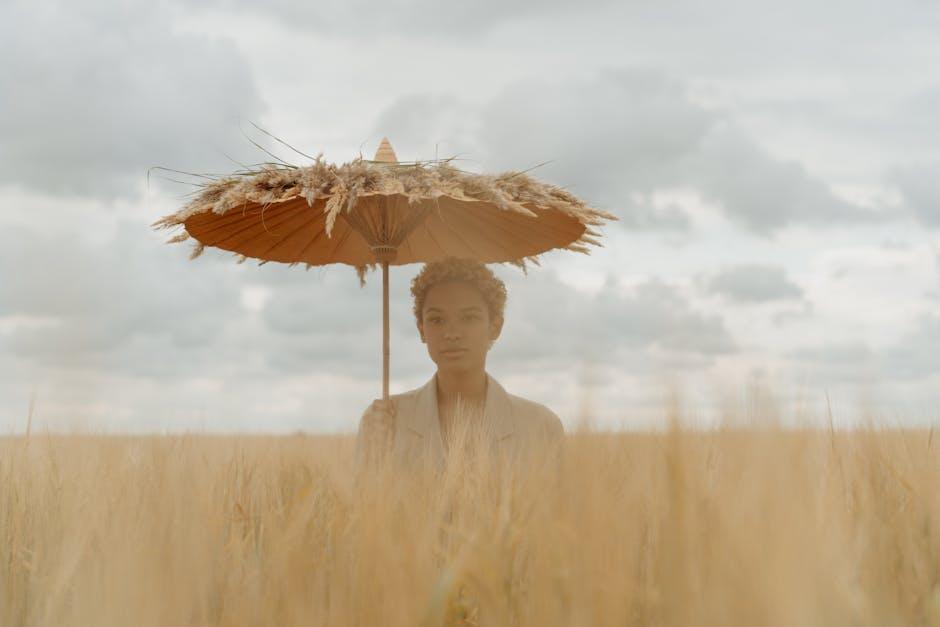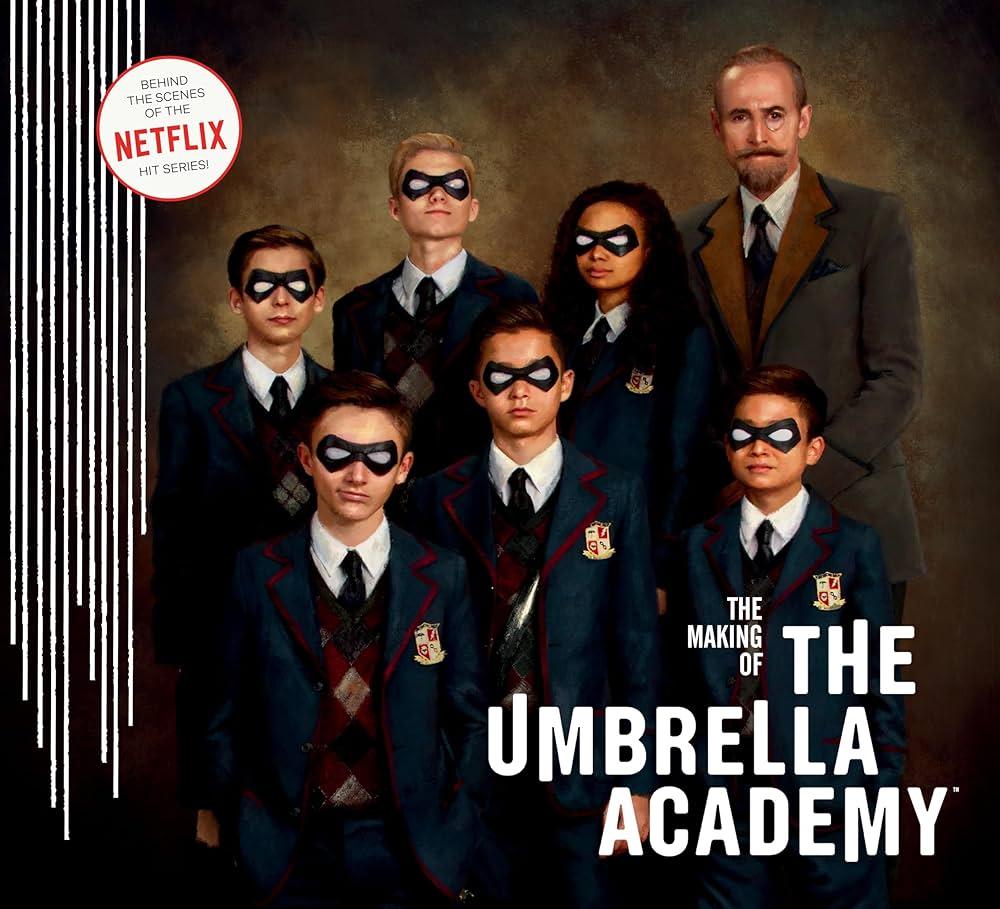In the ever-expanding universe of superhero narratives, where capes and cosmic battles often blur into a cacophony of CGI and clichés, “The Umbrella Academy” emerges as a unique anomaly. Born from the vivid imaginations of Gerard Way and Gabriel Bá, this series catapults viewers into a world where dysfunctional family dynamics meet time-bending escapades. But amidst the swirl of superpowers and sibling rivalries, the question remains: Is “The Umbrella Academy” worth the precious hours of your binge-watching schedule? In this critical review, we delve deep into the heart of the Hargreeves family’s tumultuous journey, evaluating its narrative prowess, character development, and overall impact on the genre. Join us as we unravel the layers of this enigmatic series, providing you with an authoritative verdict on whether it deserves a spot on your watchlist.
Exploring Character Depth and Development
In The Umbrella Academy, character depth is not just an accessory but the very heart of the narrative. Each member of the Hargreeves family is meticulously crafted, offering a rich tapestry of emotional complexity and growth. The series brilliantly explores their personal struggles and triumphs, often reflecting the nuanced reality of familial relationships. As viewers, we are drawn into their world, where each sibling’s unique power serves as a metaphor for their individual challenges and internal battles.
- Luther Hargreeves: His journey grapples with the weight of leadership and identity.
- Diego Hargreeves: A tale of seeking validation and battling self-doubt.
- Allison Hargreeves: Her arc delves into the consequences of influence and regret.
- Klaus Hargreeves: A poignant exploration of addiction and redemption.
- Number Five: The embodiment of wisdom trapped in a youthful form, struggling with isolation.
- Ben Hargreeves: A spectral presence wrestling with unfinished business.
- Vanya Hargreeves: Her evolution from obscurity to empowerment is both compelling and transformative.
These characters are not merely static; they evolve, surprise, and resonate with audiences, making the show a compelling watch for those who appreciate intricate character development. The Umbrella Academy’s approach to character depth invites viewers to reflect on their own personal narratives, making it a series that lingers in the mind long after the credits roll.

Cinematic Style and Visual Appeal
The Umbrella Academy stands out with its distinctive visual storytelling, which marries the absurd with the artistic. From the meticulous set designs that breathe life into a retro-futuristic world to the dynamic camera work that captures the intensity of each scene, the series is a feast for the eyes. The use of color palettes is particularly noteworthy, creating a mood that oscillates between whimsical and ominous, much like the narrative itself.
- Bold and Vivid Colors: Each scene is drenched in hues that reflect the characters’ emotions and the narrative’s tone.
- Creative Cinematography: Innovative camera angles and movements that enhance storytelling.
- Unique Costuming: Each character’s attire is carefully designed to reflect their unique personalities and powers.
The series doesn’t shy away from experimenting with visual metaphors, often using them to delve deeper into character psyches and plot intricacies. This commitment to a bold and unconventional style not only sets The Umbrella Academy apart but also ensures that it remains a visually captivating experience for viewers.
Narrative Pacing and Plot Twists
The storytelling in The Umbrella Academy is a masterclass in balancing narrative pacing with unexpected plot twists that keep viewers on the edge of their seats. The series employs a rhythmic dance between fast-paced action sequences and slower, character-driven moments that allow the audience to breathe and process the evolving storylines. This ebb and flow not only maintains engagement but also builds tension, leading to surprising and impactful revelations.
- Unexpected Revelations: Just when you think you’ve got the plot figured out, the show throws a curveball that challenges your assumptions.
- Character Arcs: The pacing allows for deep dives into character backstories, making each twist not just surprising but also deeply personal and meaningful.
- Temporal Shifts: The use of time travel is cleverly integrated, creating opportunities for unique twists that feel both organic and shocking.
These elements combine to create a viewing experience that is as unpredictable as it is compelling, proving that The Umbrella Academy is not just another superhero story, but a richly woven narrative tapestry that keeps viewers guessing till the very end.

Audience Reception and Cultural Impact
The reception of The Umbrella Academy has been overwhelmingly positive, resonating deeply with audiences across the globe. Fans have embraced the show’s unique blend of superhero tropes and family drama, praising its ability to balance humor with emotional depth. The series has sparked numerous discussions on social media, with viewers often highlighting its bold storytelling and distinctive characters. The cultural impact is undeniable, as it has inspired a surge in related fan art, cosplay, and even themed events, underscoring its profound connection with a diverse audience.
- Character Development: Fans laud the intricate growth of each character, which adds layers to the narrative and keeps viewers engaged.
- Visual Aesthetics: The show’s stylized visuals and unique cinematography have set new standards for the genre, influencing both fans and creators alike.
- Soundtrack Influence: Its eclectic soundtrack has introduced audiences to new music, enhancing the emotional resonance of key scenes.
Ultimately, The Umbrella Academy stands out not just for its entertainment value, but also for its ability to foster a vibrant community that celebrates its innovative approach to storytelling.




